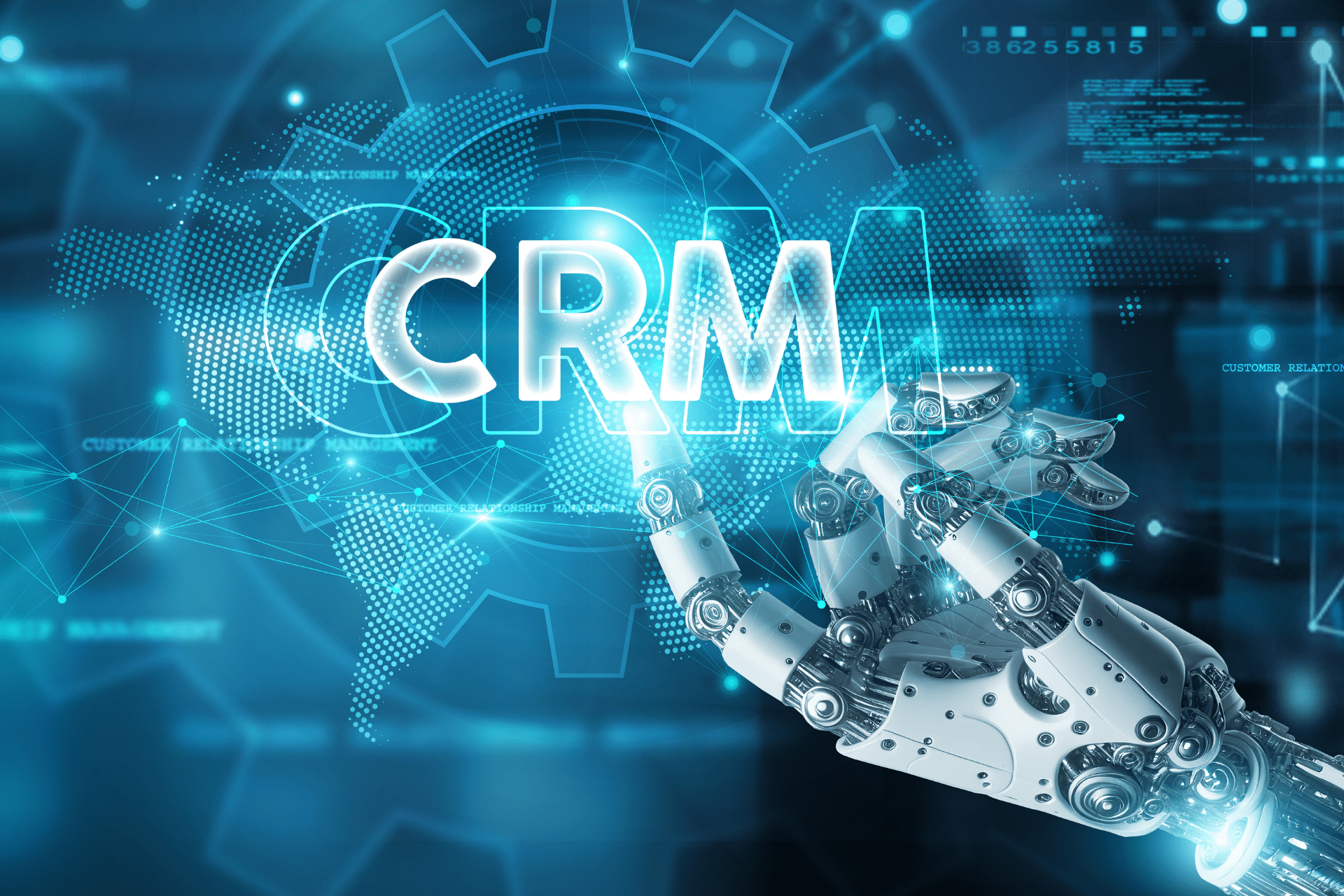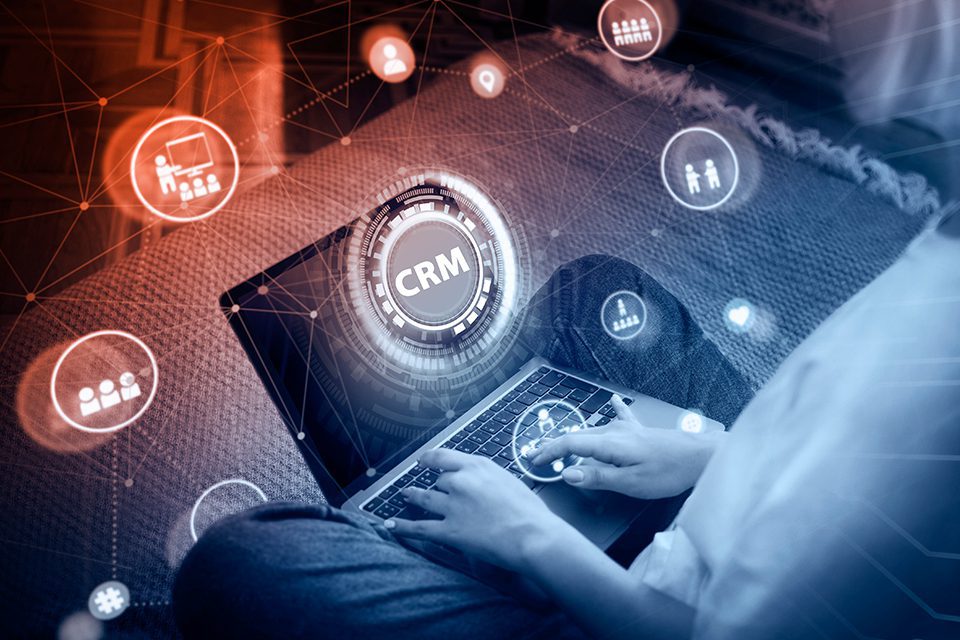Share
Read also

Cloud
Cloud ERP and AI underpin the future of sustainability

Trends & Views
The customer experience and digital transformation

Trends & Views
How AI accelerates the evolution of CRM

Cloud
The cloud ERP market is evolving and growing
If you look at the reasons why businesses appear to be reluctant towards the deployment of an ERP solution, you’ll certainly come up with one common denominator: the purchase, deployment and customization of an ERP solution are considered quite time-consuming, and therefore counter-productive. This misperception causes many businesses to actually ignore the fact that, when correctly deployed, an ERP system will help them save significant time and money, which makes the initial effort well worth it. How? Let us take a closer look.
Time management is a critical issue for any business, and the tools provided by an ERP solution can help executives control the activities of all employees, in all departments, in a much more effective way. Thus, they can have a more comprehensive view on how employees utilize their time. Furthermore, this knowledge helps businesses to better distribute their workforce, so as to achieve greater productivity and improved service quality.
Secondly, we all know that manual tasks are much more prone to errors in comparison to automated ones, since there is always the possibility that employees will type something wrong or will not evaluate the available info correctly. This type of errors can become a business nightmare, especially in cases where wrong orders are delivered to customers or a customer is falsely overcharged. It is easily understood that such mistakes must be avoided at all costs, and the automated processes provided by an ERP system are the solution. Actually, thanks to barcodes, an ERP solution ensures that all data entries are automated. And since barcodes include a vast amount of information, executives are able to control time and inventory, as well as many other factors that management takes into consideration.
As far as inventory management is concerned, the deployment of an ERP system can only have positive results. Usually, business executives tend to consider the warehouse as a place where materials and merchandise are simply stored, while in reality it is an important link in supply chain management -the one between the supplier and a customer. If a product remains in stock for a long time, it will become worthless and consequently a liability. With an ERP solution, you are able to know -at any given time- what’s in your warehouse and for how long it’s been there, so as to adjust your strategy accordingly.
The best way to get ERP technology and barcodes to work to your benefit, is finding the departments that will have the best results. On the other hand, although it is advisable to use new methods and solutions, you should not forget that these come at a certain cost and the reason you originally acquired an ERP system was to cut costs. In other words, automation should be applied to the required processes only. Once identifying your business requirements, you’ll be ready to describe them to your provider, so that they can offer you a customized solution that will address your exact needs.
If there is one thing that you should always keep in mind, this is that ERP solutions do not come in “one size”; so if a competitor is using a solution that has proven to be really helpful, this does not necessarily mean that the same solution will be equally successful in your case. Therefore, it is important that you take the necessary time to identify the main factors that hinder your dynamics. In any case, ERP solutions -when used properly- allow businesses to identify and reduce unnecessary expenses.







